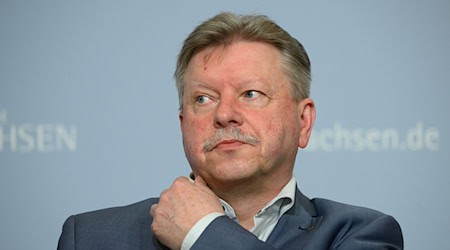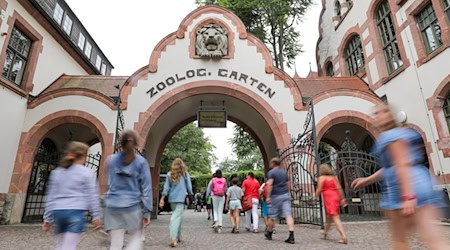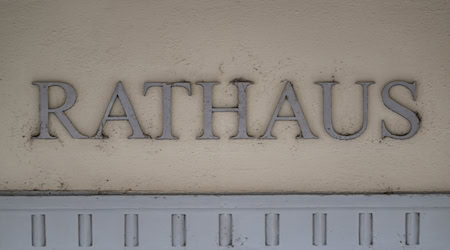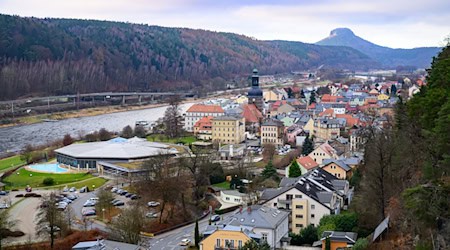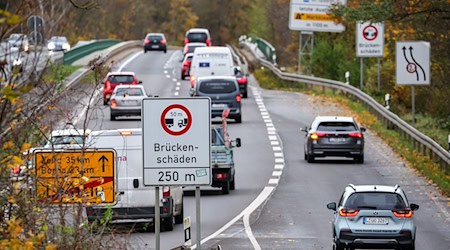The East German mayors have criticized the coalition government and the CDU/CSU following the failure of the migration talks. "I wasn't the only one who was angry", said Leipzig's Lord Mayor Burkhard Jung (SPD) after a conference of Lord Mayors of East German cities in Magdeburg. "The essence of democracy is compromise," said Jung. People would no longer understand why the federal government would not come together. Solutions must be found on the basis of national responsibility, said Jung.
The coalition government and the CDU/CSU failed to find a common denominator on future migration policy at their meeting in the Federal Ministry of the Interior. Jung, who is also Vice President of the Association of German Cities, criticized the fact that the focus of the migration debate was primarily on border controls. It should also be about getting refugees into work more quickly. In addition, decisions on asylum applications were still taking too long. Tactical discussions at federal level and mutual insults would not help, said Leipzig's mayor.
Magdeburg's mayor Simone Borris (non-party) was also disappointed. She was a little angry as she had had different expectations, she said.
Federal government should reliably co-finance childcare
In addition to solutions in the area of migration, the eastern German cities are calling for the federal government to make a long-term contribution to the costs of childcare. Borris said that it was good that the federal government wanted to continue to contribute two billion euros per year to the further development of daycare centers. However, the federal government's involvement in the Childcare Quality and Participation Act is once again limited to two years.
"One temporary subsidy follows the next - that's not what the cities and childcare providers need for reliable planning," said Borris. The cities are also pushing for the funding to be made more dynamic, as they are facing rising personnel and operating costs in the daycare sector.
Citizens should benefit from the expansion of renewable energies
The cities are also calling for better framework conditions for the expansion of renewable energy. Jung said that eastern Germany is a pioneer. However, for the energy transition to be further accepted and supported, people need to feel more strongly that they are benefiting from the expansion of renewable energies, said Jung.
The cities point to models in several federal states that benefit local authorities with income from the energy transition. In Brandenburg, for example, wind turbine operators pay a special levy that goes to the surrounding towns and municipalities. In Saxony, too, the municipalities at the location of wind and large solar energy plants share in the profits, it was said.
"Such models should be expanded and be possible in all federal states," demanded Jung. "If the additional money can be used to build a new playground or renovate the community center, this is a visible example for people that the energy transition also strengthens their city and their neighborhood."
Copyright 2024, dpa (www.dpa.de). All rights reserved


